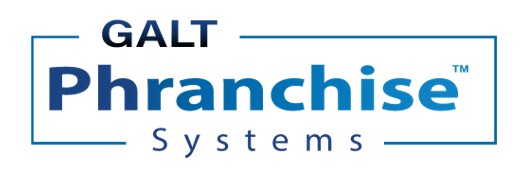In the complex landscape of healthcare, #Pharmacy Benefits Managers (PBMs) play a significant role in managing #prescription drugs benefits for health insurance plans and employers. While #PBMs may aim to streamline the process and control cost, usually the impact faced by other stakeholders (Patients, Pharmacists, Doctors and Pharma companies) is quite the opposite. One such stakeholder that faces the biggest challenge is the Pharmacist as PBMs hinder their ability to provide optimal patient care. I list below a few things I have learned after being in the industry for 10+ years and want to shed some light on the challenges faced by #Pharmacist in todays healthcare system.
- Lack of Transparency: Pricing model, rebate arrangements, #formulary decisions, #priorauthorization and #DIR fees are some of the areas where pharmacists have limited information and even the Doctors have limited understanding which increases the challenge to deliver quality healthcare to their patients.
- Reimbursement Issues: Many #Indpendent Pharmacists we work with, often complain about lack of appropriate reimbursement for their services as these are highly influenced by the PBMs. These PBMs often decide the reimbursement amount, which seldom covers the cost of the medication and the quality services provided by the Pharmacist and their staff. As these negative reimbursements burns a hole in the pharmacists financial operation, it often compromises their ability to run the pharmacy, provide high level quality services to patients and impacts pharmacy operations. This is where and why many #entrepreneurialminded pharmacists seek other opportunities to diversify their revenue stream.
- Administrative Burden: Prior Authorizations, Step edits, DIR fees, #claims processing and other administrative traps setup by PBMs often take valuable time away from Pharmacists, which could be better spent on providing quality patient care. This time-consuming and often dead-ended administrative processes leads to high #burnout among pharmacists and negatively impacts their career advancement and job satisfaction, leading to many pharmacist looking for a career change.
- Restricted Network: PBMs #dictate which pharmacy a patient can choose and thereby limiting access for better quality care. This negatively impacts patients in rural or underserved areas who rely on their local #communitypharmacy for continuum of care.
- Outcomes & Compliance: Priority is placed on cost savings and not quality patient care. #Formulary restrictions, prior-authorizations and delayed responses usually lead to lack of access to necessary and Doctor prescribed medications, which results in to #nonadherence, #noncompliance and #poor #healthcare outcomes. Patients don’t interact with PBMs, so who gets to address these challenges with the patients? You guessed it, Pharmacists! Pharmacists are front-line HCPs who lead in addressing these challenges with patients and making sure patients receive the appropriate care even if that means dispensing prescriptions with #low #reimbursement and losing money.
- Reform and Advocacy: Pharmacist across the US are looking for reforms in addressing all the above challenges presented by PBMs. #Patientfirst policy, adequate reimbursement and higher level of transparency will lead to better health outcomes for patients. Meaningful change needs to occur to ensure long-term survival of our community pharmacies and independent pharmacists across the US.
PBMs play a vital role in the #pharmaceutical access landscape and need to work collaboratively with every stakeholder to ensure best possible outcome for patients and pharmacists. In spite of all the above issues our Independent pharmacists face, they work long-hours, they are on the frontline during the difficult times (Pandemic) delivering care and vaccines, and are just seeking that patients remain front and center when making healthcare decisions. So by addressing the above challenges with PBMs and working collaboratively with Pharmacists, we can make sure the medication experts can work to provide optimal care for our most important stakeholder – Patients!
Author:

Marketing & Business Development at Galt Pharmaceuticals


